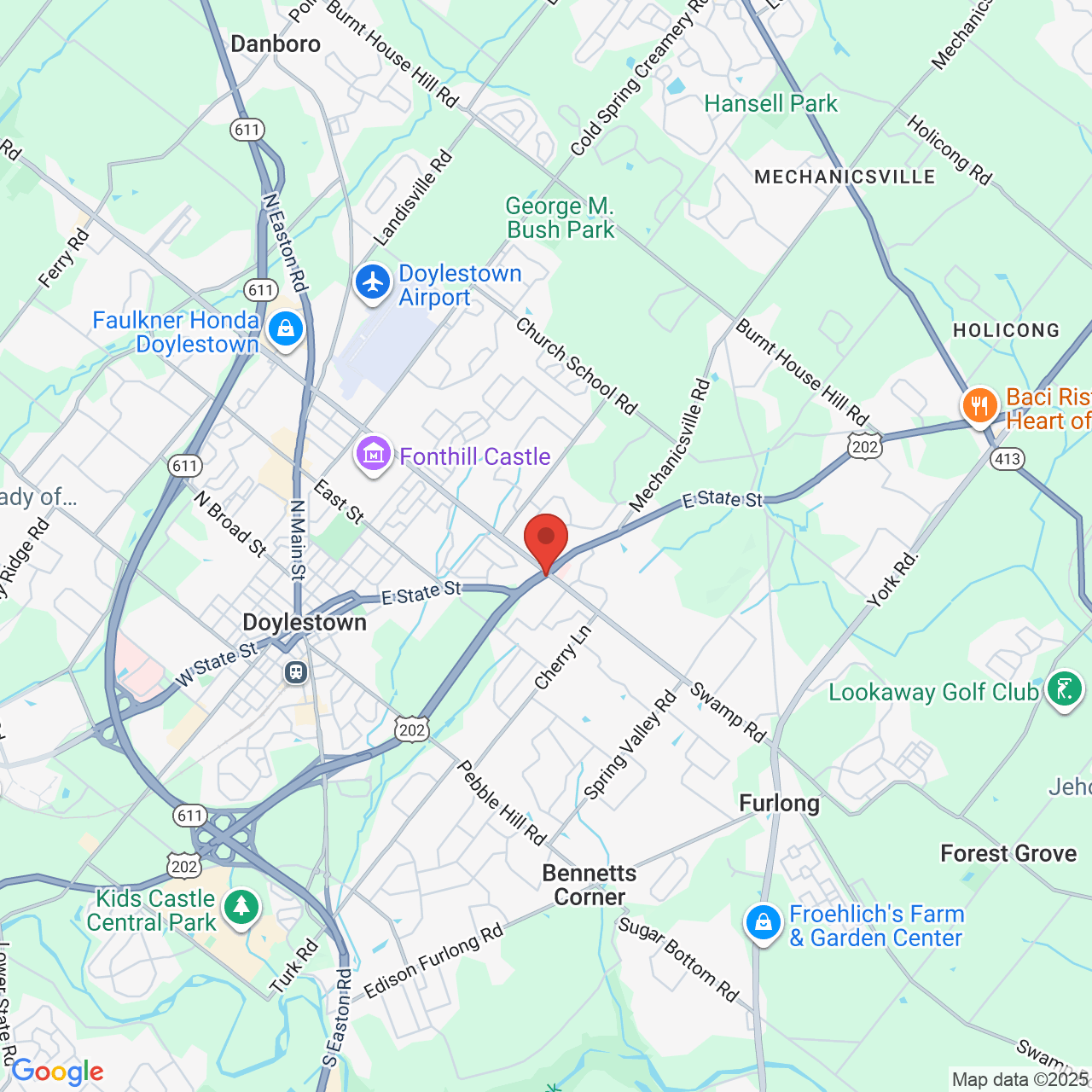TMJ Disorder Treatment
TMJ (temporomandibular joint) disorder can cause pain in your jaw joints, neck, ears, shoulders, and back. At Artistic Expressions Dentistry in Philadelphia, PA, Dr. Bruce J. Wilderman offers TMJ disorder treatment through the use of a custom mouth guard worn at night. This device cushions the teeth and places the jaw in the proper position, alleviating strain on the jaw joints.

About TMJ Disorder
According to the National Institute of Dental and Craniofacial Research, over 10 million individuals suffer from TMJ disorder in the United States alone. Although TMJ disorder can have a variety of causes, many people experience symptoms when their bite is misaligned. This forces the TMJs to overcompensate in order to try and correct the problem.
According to the National Institute of Dental and Craniofacial Research, over 10 million individuals suffer from TMJ disorder in the United States alone.
Other factors that can contribute to the development of TMJ disorder include:
- Cartilage erosion: The jaw joints are cushioned by a small disc of cartilage. If this disc wears thin, it can cause the bones to grind against one another.
- Bruxism: Teeth grinding or clenching is one of the most common causes of TMJ disorder. In addition to tooth wear, bruxism can lead to erosion of the cartilage discs in the TMJs.
- Arthritis: Certain types of arthritis can lead to inflammation and swelling.
- Genetics: Studies have indicated that some may have a genetic predisposition to TMJ disorder.
Symptoms of TMJ Disorder
TMJ affects sufferers differently. Some of the most common signs and symptoms of TMJ disorder include:
- Jaw pain
- Clicking or popping noises when opening or closing your mouth
- Headaches
- Earaches
- Tinnitus (ringing in the ears)
- Tooth pain and discomfort
- Tingling in the extremities
- Pain in the face, neck, shoulders, or back
TMJ Disorder Treatment Options
When it comes to treating TMJ disorder, there are several options. The one recommended for you will depend on your unique symptoms and needs. Some of the most common treatments include:
- Medication: In some cases, muscle relaxers, anti-anxiety drugs, or anti-inflammatory drugs may be recommended to treat TMJ disorder.
- Physical therapy: TMJ exercises can relax jaw muscles and eliminate bruxism.
- Custom oral appliances: Also referred to as a night guard or splint, a custom oral appliance can effectively prevent bruxism and place the jaw in its proper position. Many of our patients have experienced relief with the use of a custom oral appliance and report a significant decrease in their symptoms.
Dr. Wilderman will conduct a thorough analysis to determine if an oral appliance can help you. If he believes your needs are more complex, he can refer you to a specialist.
Learn More about TMJ Disorder Treatment
If you are experiencing jaw pain, headaches, or pain in the face, neck, shoulders, or back, TMJ disorder could be the culprit. To learn more, schedule a consultation with Dr. Wilderman. Contact us online or give us a call at (215) 631-3085 today.



